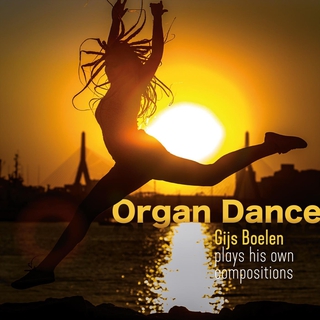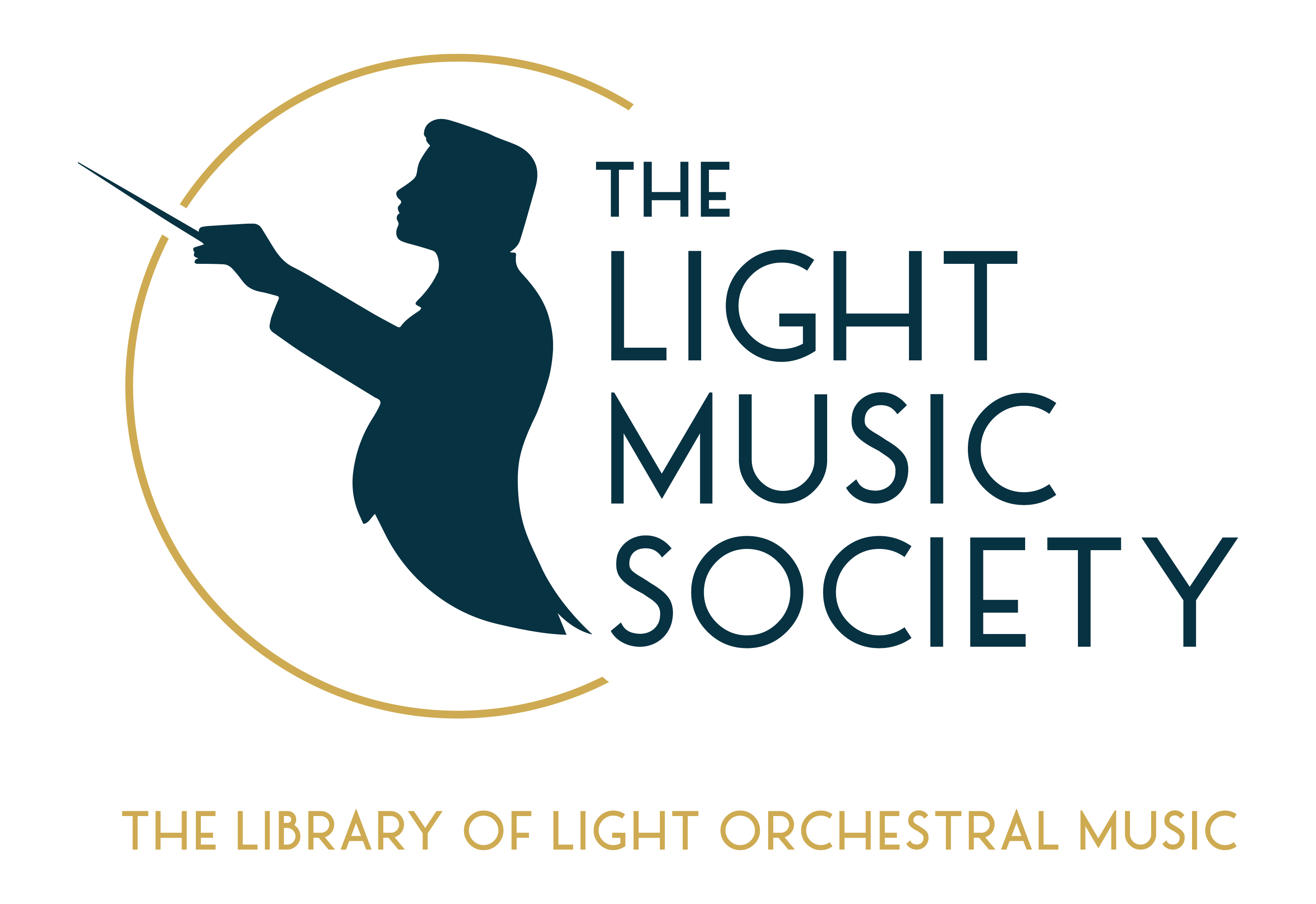Gijs Boelen: Organ Dance
Gijs Boelen Plays the Späth Organ of the Katholische Kirche St. Josef
Following the earlier disc of his own compositions for organ, Gijs Boelen has now produced a second CD recorded playing a different instrument (this time the Späth Organ of the Katholische Kirsche St. Josef, Oberhausen-Buschhausen in Germany) and including considerable new material. The opening track, however, you may have heard on Boelen’s earlier CD, where it bore the title Hop Jig, but here it is simply Jig. There are therefore interesting comparisons to be made between the instruments, and I suspect those with greater expertise on organ music will be better placed to analyse this than I may be. That said, I will admit to marginally preferring the earlier release of this particular number, on account of the fact that the organ in Brielle on the first CD has to my ear a lighter timbre that lends itself to the composer’s folk inflected idiom here. It is entirely possible, however, that others will prefer the more full bodied tone of the German organ. The Jig itself is the first movement of Boelen’s Dance Suite and boasts an immediately memorable central theme, which seems to bear hints of English folk dance, cast in a minor mode over open 5ths, though the harmony fills out considerably as the piece develops. The following Walzer is an interesting and effective movement and, while the title (and booklet illustrations) might hint at Viennese dances of the 19th century, the movement itself has perhaps more in common with the second waltz in Shostakovich’s Suite For Variety Orchestra. It is notable also just how effective it is to hear a waltz on this instrument. Boelen is a fine conjuror of mental images, and this movement quickly reminds us of a carousel or barrel organ, illustrating the composer’s assertion that Light Music has become more and more associated with music for theme parks. The suite concludes with the lively España, with which Boelen clearly relishes the passionate flamenco touches. The echo of the recording venue possibly favours these crisp rhythms a little less kindly, but Boelen is consistently clear and articulate in his playing. It is a highly entertaining conclusion to a suite that would not seem at all out of place orchestrated in a Light Music concert!
In the first of the two (of five) Arabic Sketches included here, the Moorish influence on European music is perhaps more evident than more overtly Arabic influences, but this is possibly so obvious here on account of placing the first next to the Spanish dance that closed the suite. The second work of the two Veil takes a major mode, with the emphasis, as is quite often the case in certain non-Western music, on the linear development of a pleasing melody over a relatively static harmony. The effect of these works being played on the organ demonstrates the composer’s willingness to welcome all musical cultures, perhaps to free the organ from being associated entirely with one religion and region.

One earlier CD of Gijs Boelen was given the title Mon orgue c'est mon orchestre (My organ is my orchestra) and there are multiple occasions on this CD, as with its predecessor, in which we catch a glimpse of his orchestral musical conception as opposed to simply a solo instrument. Such is the case with Broadway Polka for instance, which combines playfully piquant harmonies that you could easily imagine played by different sections of an orchestra with a perpetual jaunty rhythm that could call to mind a bustling city street. Pop music seems more to the fore in pieces like Crystal Clear and Sunshine Toccata; even more explicitly so in Rock Passacaglia. Song for Peace has a slightly nostalgic feel about it, combining a contemporary popular sensibility with the kind of wistful longing you might find in some of Vera Lynn’s songs. The disc is rounded off by the roof-raising The Organist as DJ, a rather good companion piece to God is a DJ from the earlier CD. Along with the Rock Passacaglia I think this is the strongest work on the disc, the extended variations giving rise to Boelen’s own expressive musical language as well as showcasing the magnificent instrument on which it is played.
I note with some curiosity that Boelen’s albums and performances have proved somewhat polarising in the community of organ aficionados, but make no mistake: Boelen composes in all earnestness, meaning I’d think it wrong to dismiss the music out of hand on account of being too “light” or “poppy”. It is well crafted, full of contrasts, makes I think excellent use of the multiple timbres available on different instruments and shows both wit and imagination. Speaking as someone who really isn’t generally a fan of organ repertoire, perhaps it just suits this listener right down to the ground, but I hope it will suit others as well!
DA

Leave a Comment
I hope you enjoyed this post. If you would like to, please leave a comment below.